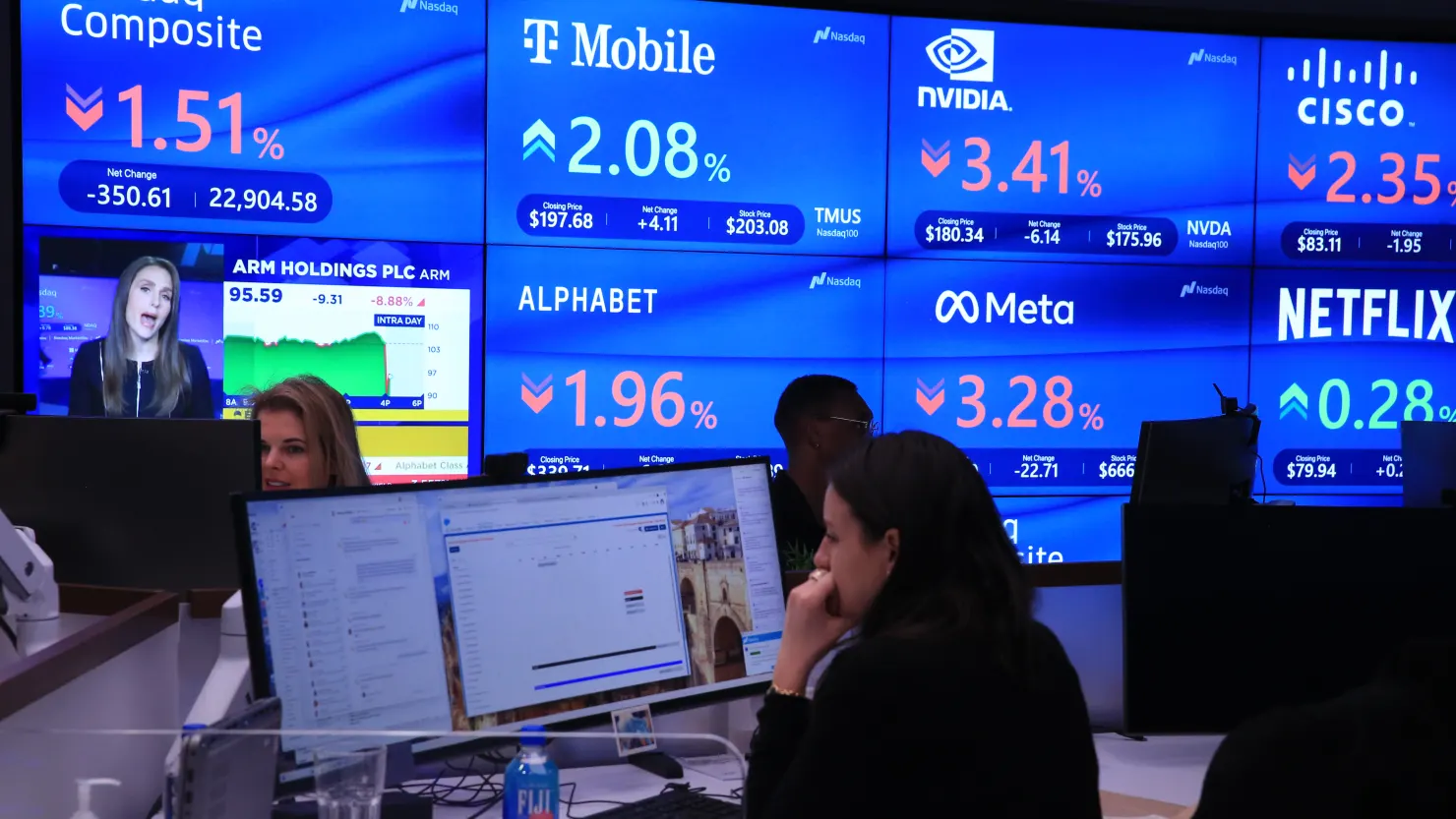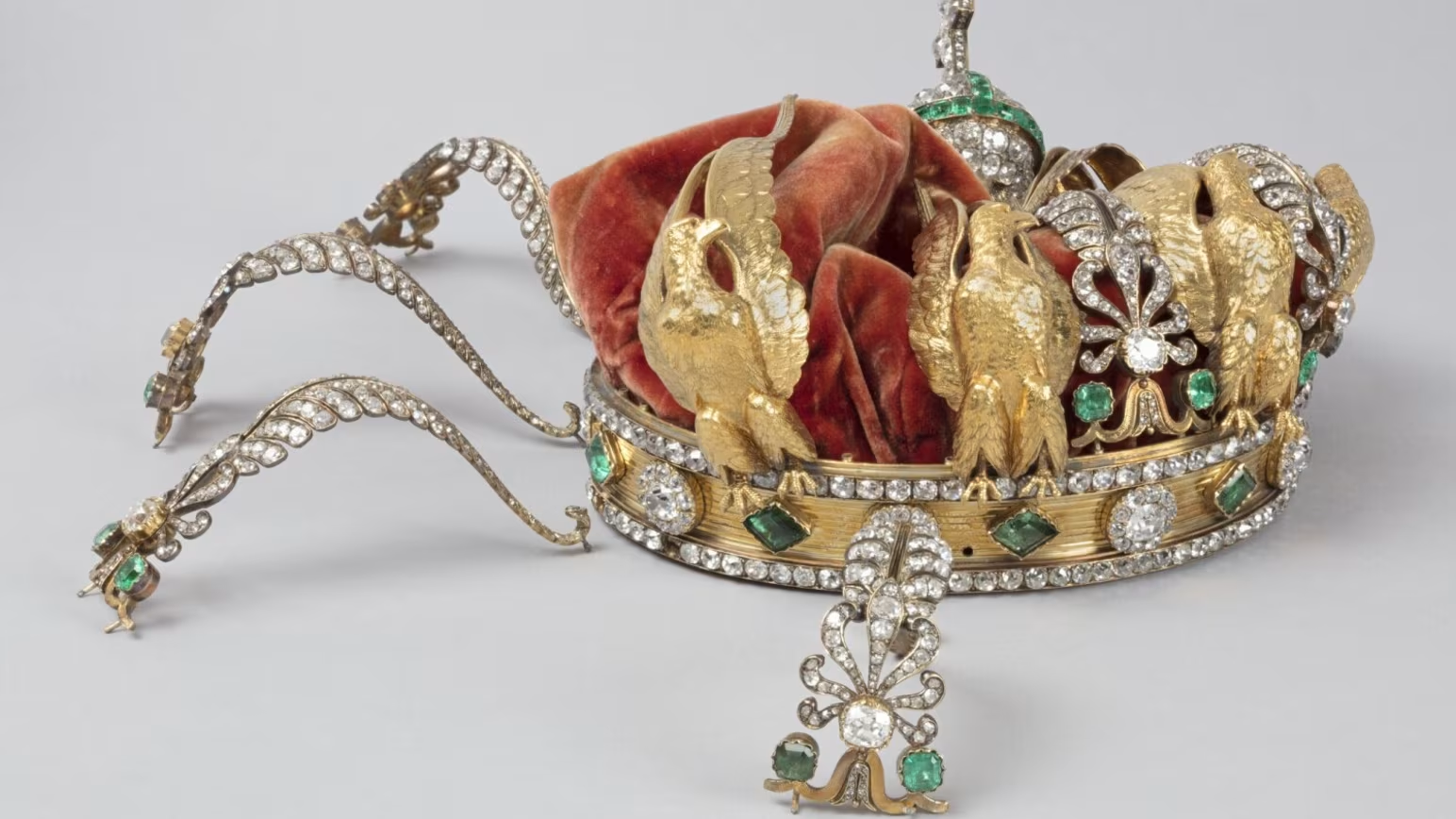“Skibidi,” pronounced SKIH-bih-dee, is among more than 6,000 new entries in the Cambridge Dictionary this year, reflecting how social media is reshaping the English language.
“Internet culture is changing the English language and the effect is fascinating to observe and capture in the dictionary,” said Colin McIntosh, lexical program manager at Cambridge Dictionary.
The gibberish term “skibidi,” coined by the creator of a YouTube animated series, can mean “cool,” “bad,” or carry no meaning at all. Other additions include:
- “tradwife” — short for “traditional wife,” describing a married mother who embraces homemaking and posts about it online.
- “delulu” — from “delusional,” meaning believing things that are not real, often by choice.
- “mouse jiggler” — a device or software that makes it look like someone is active online while not working.
- “forever chemical” — a harmful substance that lingers in the environment.
Christian Ilbury, a sociolinguistics lecturer at the University of Edinburgh, said many of the new terms gained visibility on platforms like TikTok, though some. including “delulu,” have deeper histories within speech communities.
The dictionary uses the Cambridge English Corpus, a database of more than 2 billion words, to track how words spread across contexts. McIntosh noted that only terms believed to have “staying power” are added.










The latest news in your social feeds
Subscribe to our social media platforms to stay tuned